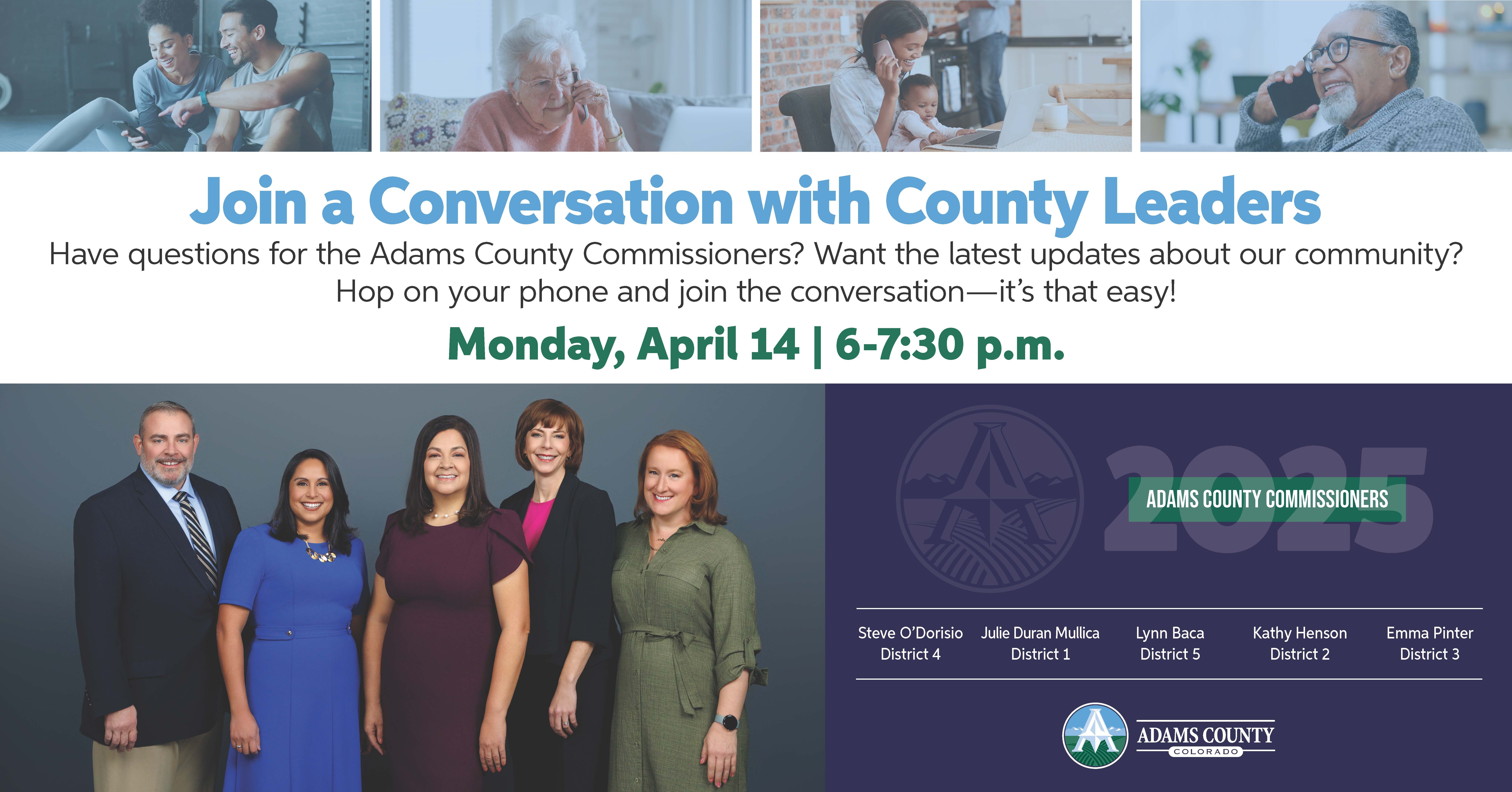
In day to day life, each person’s needs and abilities are unique and those needs are amplified in a disaster.
By evaluating your own personal needs and making an emergency plan, you can be better prepared for unexpected situations. A commitment to planning today will help you prepare for an emergency tomorrow.
- Plan to make it on your own, at least for a period of time. It’s highly likely that first responders, care givers, and even family may be unable to help you!
- Identify what kind of resources you use on a daily basis and what you might do if they are limited or not available.
- Build a Kit with your unique consideration in mind. What do you need to maintain your health, safety and independence up to 72 hours?
- Those who are deaf or hard of hearing may need to make special arrangements to receive emergency warnings.
- Single working parents and those with limited English proficiency may need help planning for disasters and emergencies. Community, faith-based and cultural groups may be able to help keep people informed.
- People without vehicles may need to make arrangements for emergency transportation.
- People with special dietary needs should take precautions to have an adequate emergency food supply.
If you take prescription medications, make sure you keep the following information on hand as part of your family emergency kit.
 Your medical care providers’ contact information.
Your medical care providers’ contact information.- Names and dosages of medications you use.
- Details about adaptive equipment and/or body system support equipment you use.
- A list of your allergies and sensitivities.
- Instructions for dealing with communication or cognitive difficulties.
- Copies of your health insurance cards and related information
- Extra copies of your prescriptions or a list and description of the prescriptions you are on – particularly those that are imperative to your life safety.
Being ready for a disaster is a part of maintaining your independence. When a disaster strikes, the first priority of disaster relief organizations and government agencies is to provide basic needs to the public, such as food, water and shelter. Your personal needs, such as replacing medications, replacing adaptive equipment, restoring electricity for power-dependent equipment and restoring your regular ways of support for daily living activities, may not be taken care of right away.
You should be ready to meet your specific disability-related needs by storing sufficient oxygen, medications, battery power, etc., for at least 72 hours after a disaster. The best way to cope with a disaster is to learn about the challenges you might face and then develop a plan to be prepared. You should decide what you will be able to do for yourself and what assistance you may need before, during and after a disaster. This will depend on the environment after the disaster, your capabilities and your limitations.
Make a list of your personal needs and the resources available for meeting them in a disaster environment. Consider the following questions
- •Do you need assistance with personal care, such as bathing and grooming?
- Do you use adaptive equipment to help you get dressed?
- What will you do if water service is cut off for several days, or if you are unable to heat water?
- Do you use a shower chair, tub-transfer bench, or other similar equipment?
- Do you use special utensils that help you prepare or eat food independently?
- How will you continue to use equipment that runs on electricity, such as dialysis, electrical lifts, etc.?
- How will you cope with any debris in your home following the disaster?
- Do you need a specially equipped vehicle or accessible transportation?
- Do you need to get groceries, medications, and medical supplies? Think about what you will do if you depend on only one person to shop or run errands for you. What if your assistant cannot reach you because roads are blocked or because the disaster has affected him or her as well?
- Would you need help to leave your home or office?
- How will you call for the help you will need to leave the building?
It’s important to prepare yourself based on the capabilities and limitations that you believe you will have after a disaster. Keep in mind that your usual means of support and assistance may not be available to you for some time during an evacuation and after the disaster has occurred.
Personal Preparedness Plan
- Make a personal disaster plan. This will help you organize information you will need and activities you will do during and after a disaster. Keep copies of your disaster plan in your disaster supplies kit, car, wallet or wheelchair pack, and share your plan with your network of family, friends and caregivers.
- Make an emergency information list that you and your network can use. This list will let others know whom to call if they find you unconscious, unable to speak, or if they need to help you evacuate quickly. Besides emergency out-of-town contacts, your list should include the names and numbers of everyone in your network.
- If you have a communication disability, make sure your emergency information list notes the best way to communicate with you. This may be by writing notes, pointing to letters, words, or pictures or finding a quiet place.
- Complete a medical information list that you and your network can use. The list should have information about your medical providers. Also include the names of medications you take and their dosages, when you take a medication, the condition for which you take a medication, the name of the doctor who prescribed it, and the doctor’s phone number. It is important to record any adaptive equipment you use, your allergies and sensitivities, and communication or cognitive difficulties you may have.
- Attach copies of health insurance cards and related information to the medical information list. Keep at least a seven-day supply of essential medications with you at all times. Work with your doctor(s) to get extra supplies of medications and extra copies of prescriptions. Talk with your doctor or pharmacist about what you should do if you do not have enough medicine after a disaster and cannot immediately get what you need. Be sure you ask about the shelf life of your medications and the temperatures at which they should be stored. Determine how often you should replace stored medication. This helps ensure that a medicine’s effectiveness does not weaken because of long storage time.
- Note: If you take medications (such as methadone, chemotherapy, or radiation therapy) administered to you by a clinic or hospital, ask your provider how you should prepare for a disruption caused by a disaster.
Additional Information on Equipment and Supplies
If you use a wheelchair or scooter:
- Keep a patch kit and can of seal-in-air product in your portable disaster supplies kit to repair flat tires, unless these are puncture proof. Also, keep an extra supply of inner tubes.
- Keep a pair of heavy gloves in your portable disaster supplies kit to use while wheeling or making your way over glass and debris.
- In areas prone to earthquakes, keep the wheelchair wheels locked and the wheelchair close to your bed at night to be sure it does not move or fall over.
If you use a motorized wheelchair or scooter:
- Have an extra battery. A car battery also can be used with a wheelchair but will not last as long as a wheelchair’s deep-cycle battery.
- Check with your vendor to learn if you can charge your battery by either connecting jumper cables to a vehicle battery or connecting batteries to a converter that plugs into a vehicle’s cigarette lighter. Caution: Charge only one battery at a time.
- If available, store a lightweight manual wheelchair for backup.
More information to help people with special needs prepare for disasters is available from the American Red Cross, including information specifically geared to those who are blind or have another visual disability, are deaf or have a hearing loss, have a speech-related or communication disability, use self-administered medical treatments, or have a cognitive disability. For details, visit the American Red Cross website at www.redcross.org.




